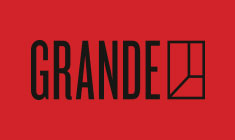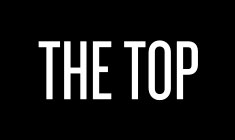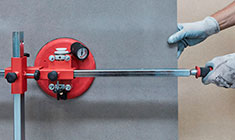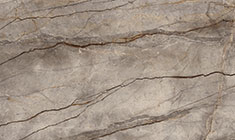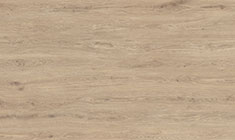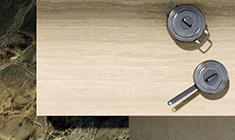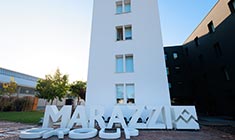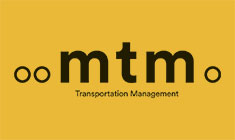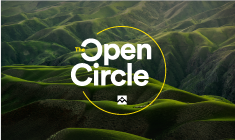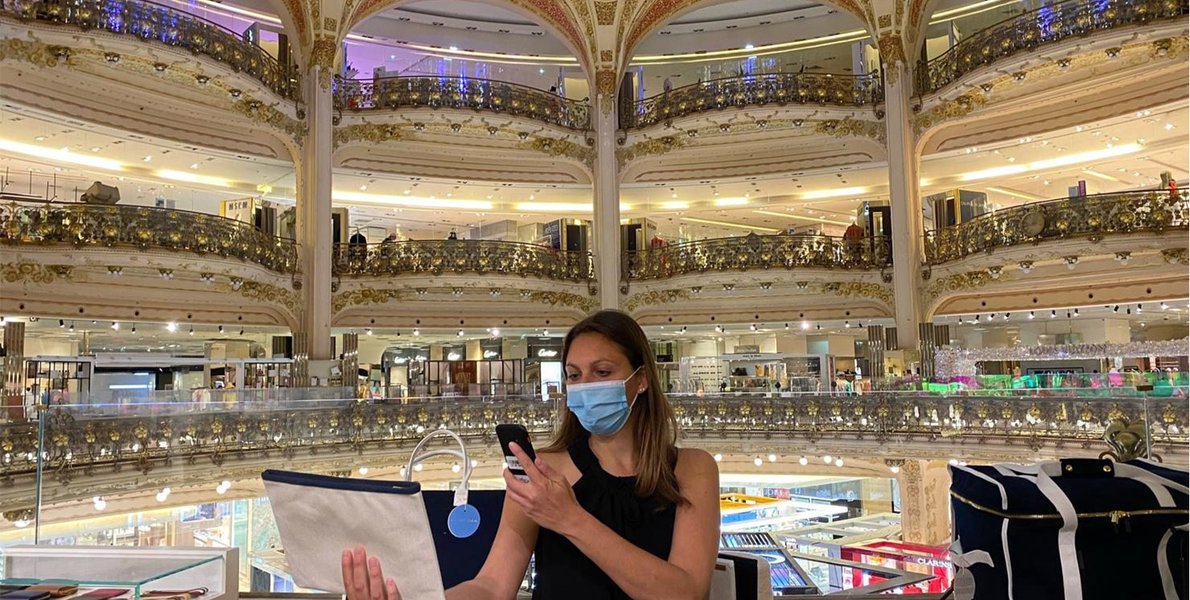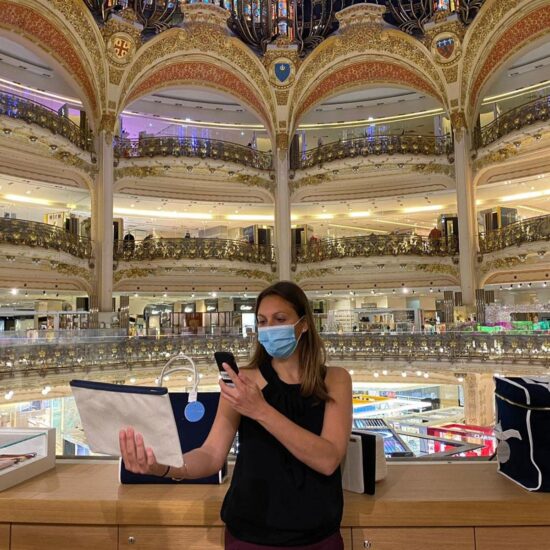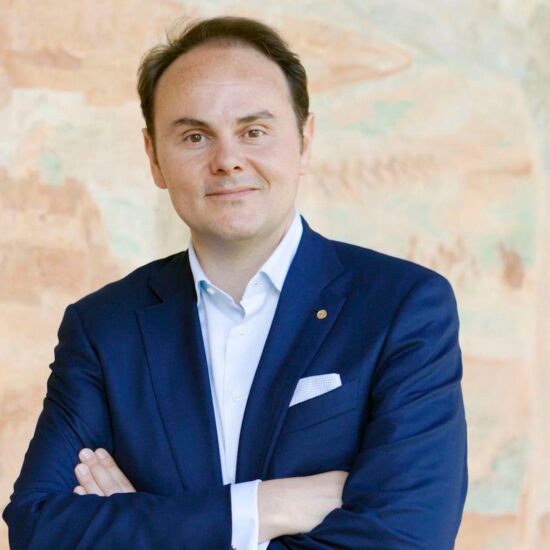The trends emerging from a recent survey by Boston Consulting, presented at the latest edition of Altagamma Consumer and Retail Insight, confirm the growth of a more discrete, intimate, experiential luxury.
The new luxury, more and more intimate
After the health emergency, people are seeking a more discreet, intimate, experiential luxury. This is one of the trends to emerge from the True-Luxury Global Consumer Insight survey, conducted by Boston Consulting and commented on by Matteo Lunelli, President of Altagamma.
The seventh edition of Altagamma Consumer and Retail Insight, held last June, included the findings of the True-Luxury Global Consumer Insight survey, which confirmed that the pandemic has hit the high-end market hard, as 57% of True-Luxury consumers will not be making any major purchases in the short term. The emotional response to the recovery is cautious: 43% of consumers think that the restart after the crisis will be slow. The exception are the Chinese, who are more optimistic: 77% as compared to 43% of the other interviewees.
“The COVID-19 emergency has accelerated trends that were already becoming established. The importance of experiences is being consolidated in the luxury segment, alongside a focus on sustainability, which places social and environmental scenarios at the centre of business strategies,“ Altagamma President Matteo Lunelli explains. “Digital is an essential factor, but personal contact reinforces it with customised offerings for Clienteling 2.0. Finally, now as never before tourism is a potential lever for the growth of the luxury sector and the entire country, and the offering should be relocated upwards by means of a nationwide strategic plan.” The following are the most easily identifiable trends that will affect the luxury market in the coming months.
Leisure Travel and Leisure Home Design
Business travel is expected to decrease over the long term (according to 54% of interviewees), making way for a recovery in leisure travel; expected to fall in the immediate term (according to 60% of interviewees), it will take off again at the end of the emergency, but not for a few months.
43% of top consumers, more than half in the USA, state that they wish to spend more on luxury experiences and less for the purchase of products, with a preference for more exclusive, private categories such as home design, wellness and haute cuisine.
Polarised values
“Sobriety is the way” in the West, “Extra is cool” in China. In the view of Chinese consumers – who account for 35% of the world luxury sector, and will be concentrating on the domestic market – there will an increase of about 14% in the preference for products with strong brand recognition, confirming a pre-pandemic trend towards extravagant or fun items, in contrast with the more traditional values (craftsmanship, quality and timeless design). Western consumers, on the other hand, will be reducing their attention to more eccentric items by 9%, showing greater appreciation of a more discreet luxury, slow fashion, quality, and high-class manufacturing.
Clienteling 2.0
This term refers to the seamless management of customer relations, both in the store and online, via a combination of human skills and big data, with the aid of state-of-the-art tools such as automatic or machine learning. In this new scenario, True-Luxury consumers will be wooed by digital customisation: examples include Gucci Live (the video call button on the Gucci.com website activates a chat with an assistant who presents the products) and the Exclusive Live Shopping of Galeries Lafayette (with online personal assistants to guide and aid purchases). 46% of interviewees stated that in the future they will be more appreciative of customed digital clienteling, confirming a high degree of expectations regarding the level of service, which must be the same in both digital and offline channels.




